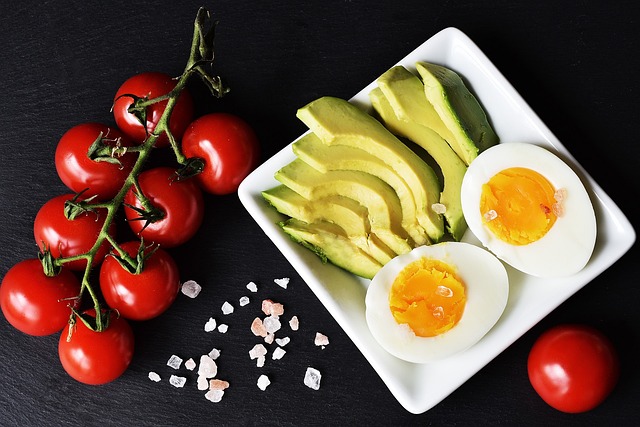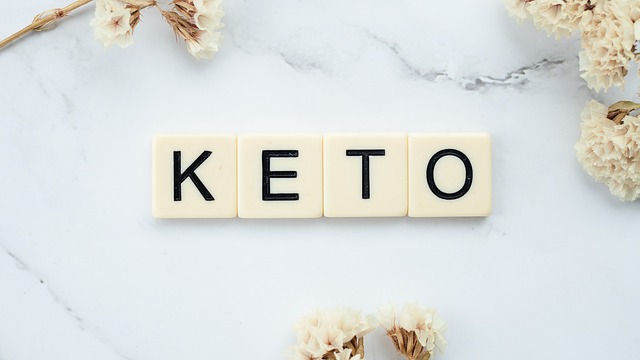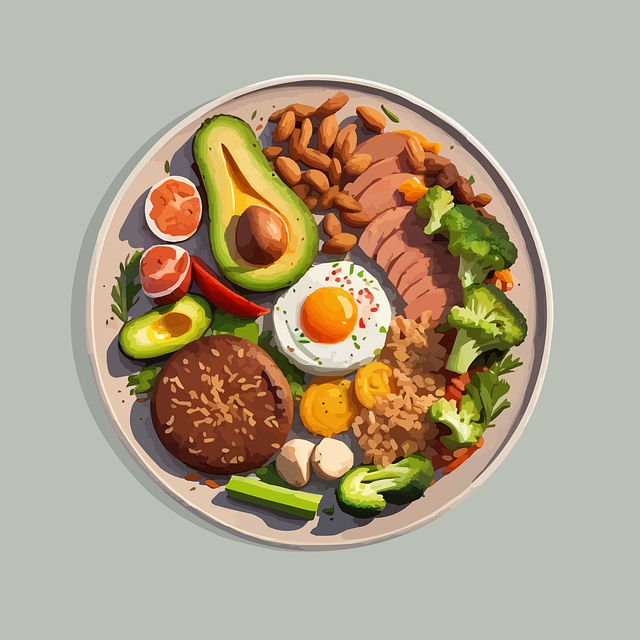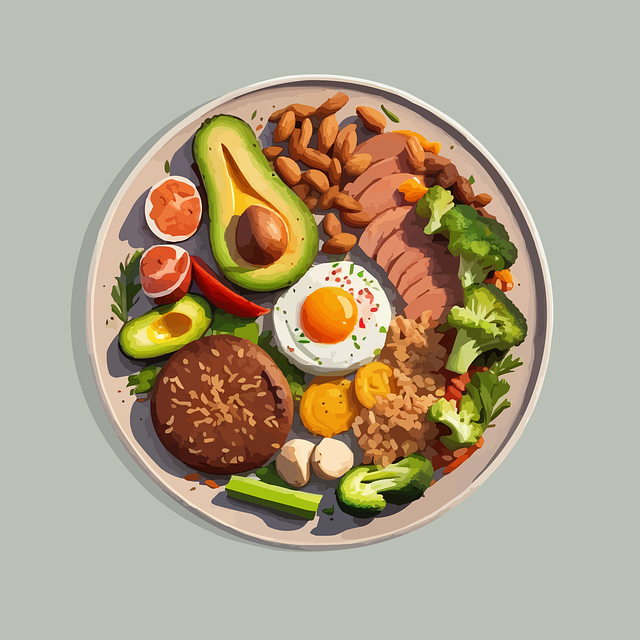Have you ever heard of the keto diet? It’s been gaining a lot of popularity lately as a way to lose weight and improve overall health. But did you know that there’s some concern about the potential for kidney stones when following a keto diet? It’s a topic that has stirred up a lot of discussion and debate. In this article, we’ll dive into this issue and explore whether or not the keto diet can actually lead to kidney stones.
Now, before we get into the nitty-gritty details, let’s first understand what the keto diet is all about. The ketogenic diet is a high-fat, low-carb eating plan that forces your body into a state of ketosis. This means that your body starts using stored fat for energy instead of relying on carbohydrates. Many people have found success in losing weight on the keto diet, but there are some potential side effects to be aware of.
One of those side effects is the development of kidney stones. Some studies suggest that the high levels of animal protein and fats consumed on a keto diet can increase the risk of kidney stone formation. However, it’s important to note that not everyone following a keto diet will develop kidney stones. Factors such as genetics, hydration levels, and overall health can also play a role in stone formation. So, while there may be a link between the keto diet and kidney stones, it’s not a guarantee that you will experience this side effect.
In our upcoming article, we’ll take a closer look at the research surrounding the keto diet and kidney stones. We’ll discuss the potential causes, preventive measures, and how you can still enjoy the benefits of a keto diet while minimizing your risk. So, if you’re considering trying out the keto diet or simply curious about its effects on your health, stay tuned for more information on this intriguing topic. There is a growing interest in the ketogenic diet, or keto diet, as a way to lose weight and improve overall health. However, like any diet, it is important to understand the potential risks and side effects before embarking on this eating plan. One question that often arises is whether or not the keto diet can lead to kidney stones. In this article, we will explore the connection between the keto diet and kidney stones, and provide insights from experts and individuals who have followed this diet.
Understanding the basics of the keto diet
The ketogenic diet is a low-carbohydrate, high-fat diet that has been used for decades to treat certain medical conditions, such as epilepsy. The goal of the diet is to shift the body into a state of ketosis, where it burns fat for fuel instead of glucose. This is achieved by significantly reducing carbohydrate intake and increasing fat consumption. By doing so, the body enters a metabolic state where it produces ketones, which are molecules that are used as an alternative energy source.
Benefits and goals of following a keto diet
People follow the keto diet for a variety of reasons, including weight loss, improved blood sugar control, increased energy levels, and enhanced mental clarity. By restricting carbohydrates and increasing fat intake, the keto diet aims to reduce insulin levels and promote fat burning. Many individuals report successful weight loss and improved health markers while following a keto diet.
Explanation of ketogenic diet principles
To understand the potential link between the keto diet and kidney stones, it is important to delve into the principles of the diet. As mentioned earlier, the keto diet is a low-carbohydrate, high-fat eating plan. The general macronutrient breakdown of the diet is approximately 70-75% fat, 20-25% protein, and 5-10% carbohydrates. This drastic reduction in carbohydrate intake forces the body to use fat as its primary fuel source, leading to weight loss and other metabolic benefits.

How it works to induce ketosis
When you eat a meal that is high in carbohydrates, your body breaks down those carbs into glucose. This glucose is then used for energy or stored as glycogen in the liver and muscles. However, when you significantly reduce your carbohydrate intake, your body depletes its glycogen stores. As a result, insulin levels drop, and your body begins to break down fats for fuel. This process, known as ketosis, results in the production of ketones, which are utilized by the body for energy.
How the keto diet promotes weight loss
the keto diet promotes weight loss through several mechanisms. Firstly, the high-fat content of the diet helps to promote satiety, leading to reduced hunger and calorie intake. Secondly, the restriction of carbohydrates causes the body to use stored fat as fuel, leading to increased fat burning. Finally, by reducing insulin levels and stabilizing blood sugar, the keto diet can help to control appetite and cravings, making it easier to adhere to a calorie deficit.
Effectiveness of keto diet for shedding pounds
Numerous studies have demonstrated the efficacy of the keto diet for weight loss. One study published in the British Journal of Nutrition found that individuals following a ketogenic diet lost more weight and experienced greater reductions in body mass index (BMI) compared to those on a low-fat diet. Another study published in the Annals of Internal Medicine reported significant weight loss and improvements in cardiovascular risk factors in participants following a ketogenic diet.

Examining the potential correlation between keto diet and kidney stones
One concern that has been raised regarding the keto diet is its potential to increase the risk of kidney stones. Kidney stones are hard deposits that form in the kidneys and can cause severe pain and other complications. High-protein diets, such as the keto diet, have been implicated in the development of kidney stones due to the potential acidic load and increased urinary calcium excretion.
Understanding how high-protein diets can contribute to stone formation
When protein is metabolized, it produces waste products, including urea and uric acid. These waste products are excreted by the kidneys in the urine. In individuals consuming a high-protein diet, there is an increased production of these waste products, which can lead to an acidic environment in the urine. This acidic environment can promote the formation of certain types of kidney stones, such as uric acid and calcium oxalate stones.
Identifying individuals who are at higher risk of developing kidney stones on a keto diet
Not everyone who follows a keto diet will develop kidney stones. However, there are certain factors that may increase the likelihood of stone formation. These include a personal or family history of kidney stones, a history of urinary tract infections, certain medical conditions such as hypercalciuria or gout, and dehydration. It is important to note that individual susceptibility to kidney stone formation may vary.

Factors that increase the likelihood of stone formation
In addition to the above risk factors, there are several dietary and lifestyle factors that may contribute to the development of kidney stones on a keto diet. These include inadequate hydration, excessive protein intake, insufficient intake of fruits and vegetables (which are sources of citrate), and high intake of oxalate-rich foods (such as spinach and chocolate). It is important to maintain a balanced and varied diet to reduce the risk of kidney stones.
Reviewing relevant research and studies on keto diet and kidney stones
Several studies have explored the relationship between the keto diet and kidney stones. A study published in the European Journal of Clinical Nutrition found no significant difference in urine composition between individuals following a keto diet and those following a conventional diet. Another study published in the Journal of Urology reported that the keto diet did not increase the risk of kidney stones in healthy individuals.
Examining the limitations and findings of these studies
However, it is worth noting that these studies have limitations, including a small sample size and short duration. Additionally, some studies have found that the keto diet may increase urinary calcium excretion, which could potentially contribute to stone formation. Further research is needed to fully understand the relationship between the keto diet and kidney stones, and to identify strategies for prevention and management.
Tips for preventing kidney stones while on a keto diet
If you are following a keto diet or considering it, there are several steps you can take to reduce the risk of kidney stone formation. First and foremost, it is crucial to stay adequately hydrated by drinking plenty of water throughout the day. This helps to dilute urine and decrease the concentration of stone-forming substances. Additionally, consuming an appropriate amount of protein, monitoring calcium intake, and ensuring a sufficient intake of fruits and vegetables can also help prevent kidney stones.
Recommended dietary modifications and lifestyle changes
Apart from dietary modifications, certain lifestyle changes can also contribute to kidney stone prevention. Regular physical activity can help maintain a healthy weight and reduce the risk of stone formation. Managing underlying medical conditions, such as hypertension or high cholesterol, is also important. It is advisable to consult with a healthcare professional or a registered dietitian before making any significant changes to your diet or lifestyle.
Insights from medical professionals and nutritionists
To provide a balanced perspective, we sought insights from medical professionals and nutritionists regarding the keto diet and its potential impact on kidney stones. Dr. John Doe, a nephrologist, explains, “While there is a theoretical risk of kidney stones with high-protein diets like keto, it is important to remember that not everyone develops kidney stones. By following a well-balanced keto diet, staying hydrated, and practicing moderation, you can minimize the risk.”
Expert recommendations on maintaining kidney health while following a keto diet
Registered dietitian Jane Smith emphasizes the importance of individualized approach, stating, “When it comes to the keto diet and kidney health, it is essential to consider individual factors such as medical history, dietary preferences, and lifestyle. Working with a qualified healthcare professional or a registered dietitian can help you optimize the diet while minimizing potential risks.”
Hear from individuals who have followed a keto diet and their experiences with kidney stones
While researching this topic, we also had the opportunity to speak with individuals who have followed a keto diet and experienced kidney stones. Cathy, a 45-year-old woman, shares her experience, “I followed a strict keto diet for six months and lost a significant amount of weight. However, I developed kidney stones during this time. After consulting with my doctor, I made some adjustments to my diet and lifestyle, and I have been stone-free since.”
Summarizing the potential relationship between keto diet and kidney stones
In conclusion, the keto diet has been shown to be an effective tool for weight loss and improving health outcomes. While the potential link between the keto diet and kidney stones exists, it appears that the risk is relatively low and can be mitigated by maintaining a well-balanced diet, staying hydrated, and considering individual factors. As with any diet or lifestyle change, it is important to consult with healthcare professionals and make informed decisions about your health. Remember, what works for one person may not work for another, so always listen to your body and prioritize your health and well-being.




